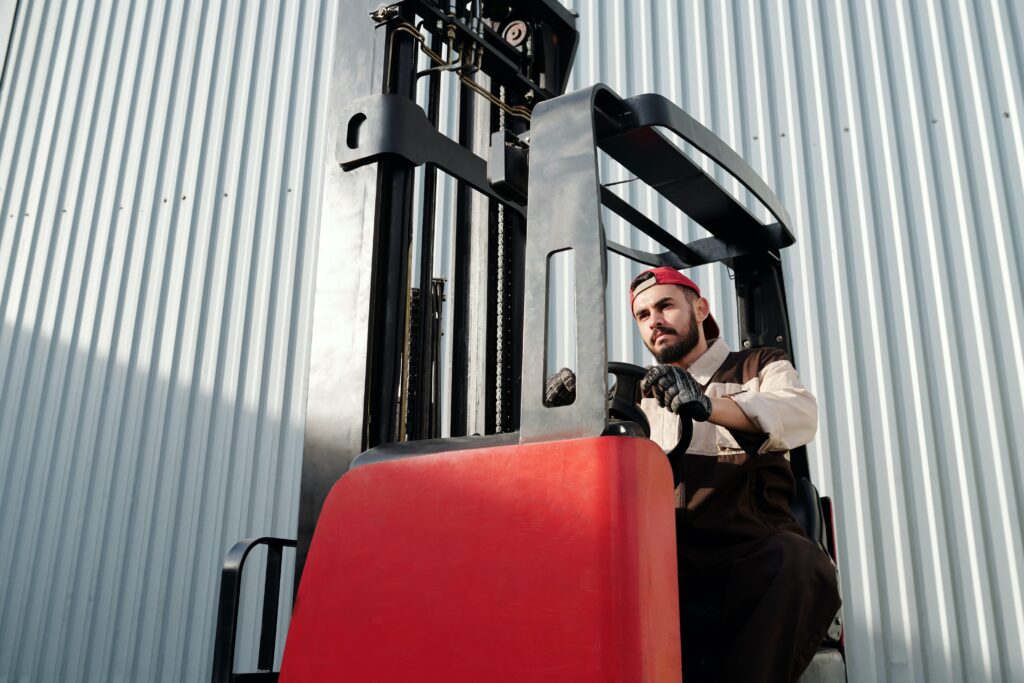
There’s been lots of coverage on the news about the HGV driver shortage – but unfortunately there’s also a shortage of forklift drivers too at the same time, meaning even more of the supply chain is under pressure.
Forklift drivers are in demand more than ever before due to a variety of reasons, and this demand is likely to continue as demand for a fast-paced supply chain grows. As we know, forklifts are a vital component of every warehouse, and without an adequate number of forklift drivers’ warehouses can’t operate at full capacity.
Whilst this all sounds a bit bleak, the good news is that the demand for forklift operators means that a career in forklift operation is a stable career path offering excellent benefits. The rise in wages means that if you’re considering a career change into forklift operation, now is the time. Our sister company The Forklift Truck Training Centre can provide all the forklift training you’ll need to kick start your career today.
For more information about our latest forklift vacancies, or to find out how Flexistaff can support your business, contact us on 0844 556 2916 or office@flexistaffuk.com.


